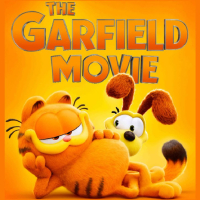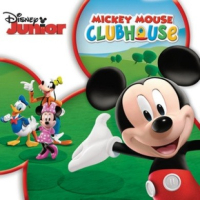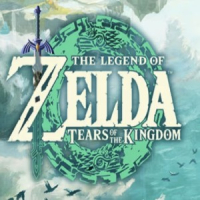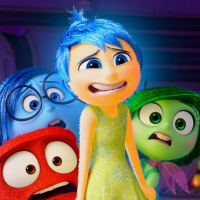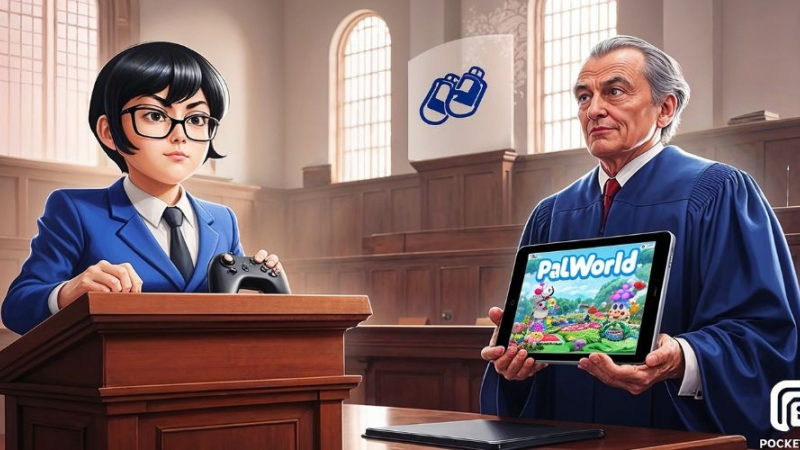
The gaming industry is a dynamic landscape, often marked by fierce competition and innovation. However, it is also one that is increasingly litigious, as companies fiercely protect their intellectual property. Recently, Nintendo has taken significant legal action against Pocketpair, the developer of the indie sensation Palworld. The lawsuit has sparked various reactions, both within and outside the gaming community, raising questions about creativity, ownership, and the future of indie game development. What has led to this legal confrontation, and what implications could it hold for the wider industry? Let’s delve deeper into the details surrounding this event.
Background of the Lawsuit
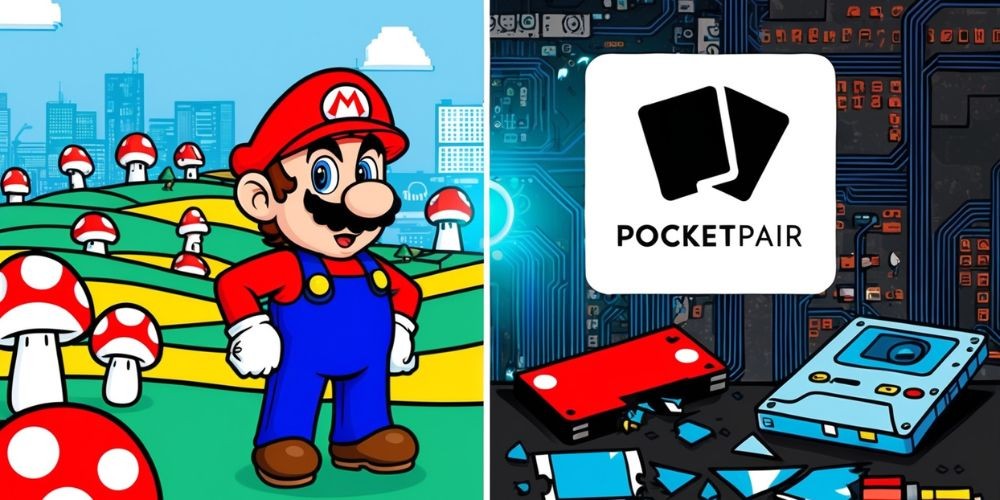
Nintendo Co., Ltd. and The Pokémon Company formally lodged a patent infringement lawsuit against Pocketpair on the 18th of September, 2024, within the Tokyo area Court. The lawsuit claims that Pocketpair’s Palworld infringes upon multiple patents held by Nintendo. This legal action is indicative of Nintendo’s rigorous stance toward protecting its intellectual property rights.
Initial Reactions from Pocketpair
In the wake of the lawsuit, Pocketpair quickly addressed the situation. The indie studio expressed its disappointment, stating that they were taken aback by the extent of the reaction following the launch of Palworld. The lawsuit, they claimed, has necessitated a diversion of resources away from game development to navigate these unforeseen legal challenges.
Details of the Allegations
As the lawsuit unfolds, one notable point raised by Pocketpair is that Nintendo has not specified which patents it alleges have been infringed. This lack of clarity raises questions about the nature of the claims and the potential validity of Nintendo’s position. Lawyers and analysts alike are now paying careful attention to understand how this will impact the development process of indie games.
The Impact of Patent Rights in Gaming
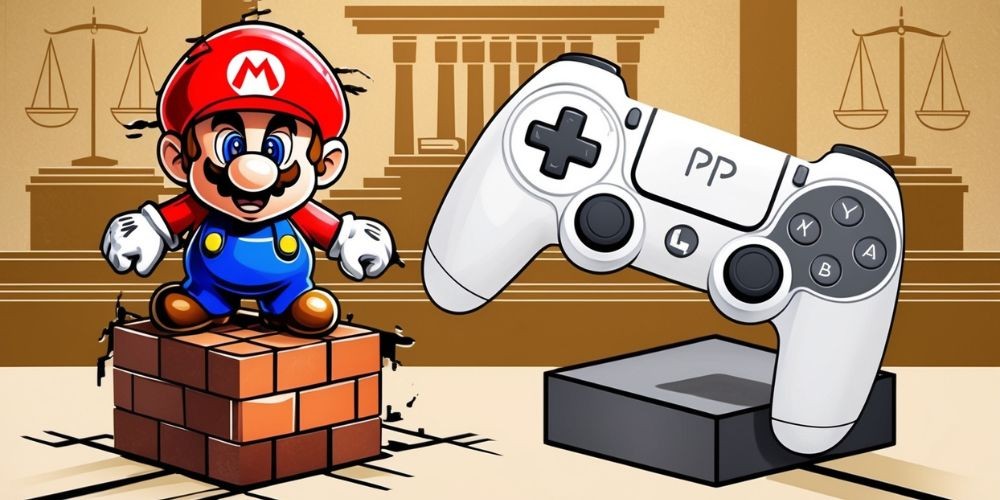
Nintendo’s lawsuit highlights a crucial aspect of the gaming industry: the role of patent rights. These rights can cover various elements, from code to mechanics. According to Hideki Yasuda, a Tokyo-based securities analyst, the legal move signifies a shift in Nintendo’s strategy, focusing on patents instead of copyright infringement. This indicates that the company is exploring all avenues to safeguard its interests.
Statements from Nintendo
Nintendo has issued a comprehensive statement regarding the lawsuit, emphasizing its commitment to protecting its intellectual properties. The company underscored that it would continue to uphold its principles and take necessary actions against any infringement that threatens its brand integrity.
Pocketpair's Commitment to Creativity
Despite the legal encumbrance, Pocketpair remains committed to its mission of creating enjoyable games. The studio emphasized their determination to continue developing Palworld while ensuring that they do not stifle the creativity of other indie developers. This statement reflects their broader ethos concerning innovation in gaming.
Public and Community Reaction
The situation has generated mixed reactions among fans and members of the gaming community, with many expressing solidarity with Pocketpair. They view the lawsuit as a potential threat to the indie game sector, where developers often operate with limited resources compared to major studios.
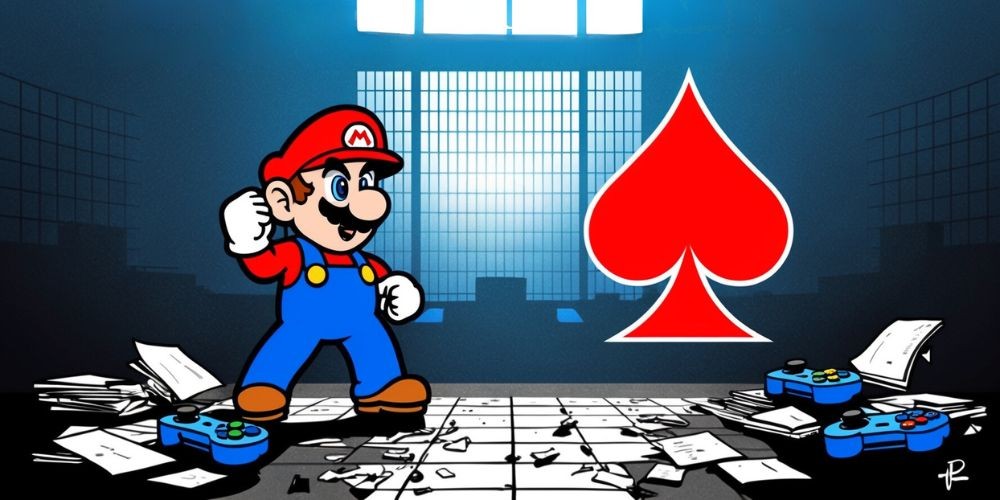
The Success of Palworld
Interestingly, the lawsuit comes amidst the backdrop of Palworld's significant commercial success, having sold over 12 million copies on Steam. This success story underscores the potential of indie games in a marketplace traditionally dominated by giants like Nintendo and Sony, and highlights the stakes involved in this legal dispute.
Future Prospects for Palworld
Pocketpair has revealed plans to enhance Palworld further, including potential collaborations with large entities such as Sony Music Entertainment. These aspirations reflect the studio's desire to expand its reach and enrich the player experience despite the ongoing legal tensions.
The Balance Between Protection and Innovation
As the lawsuit progresses, a critical debate emerges regarding the balance between protecting intellectual property rights and fostering innovation within the gaming community. The indie game sector thrives on new ideas and experimentation, and many fear that aggressive legal maneuvers could stifle this creativity.
The Broader Implications for Indie Developers
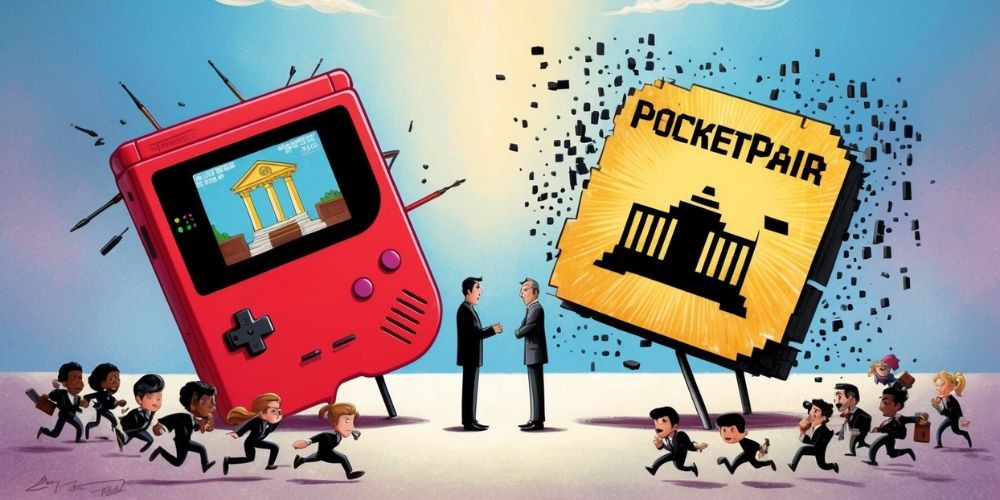
This scenario has the potential to create an important standard for how future legal disputes are managed in the industry. If Nintendo succeeds, it may inspire other major companies to pursue similar legal actions against indie developers, which could ultimately challenge the creative landscape of gaming.
Analyst Insights
Observers like Hideki Yasuda emphasize that this legal action indicates Nintendo's intent to exercise its legal arsenal fully. They possess numerous patents related to game mechanics widely utilized in various titles, which could empower them to challenge multiple developers if necessary.
Continued Support from Pocketpair
Pocketpair has reiterated its gratitude towards its fans and supporters, even amidst the tumultuous circumstances. The studio is striving to work diligently on delivering value to its player base while navigating through these unexpected legal challenges.
Looking Ahead
As the legal proceedings unfold, both Pocketpair and Nintendo will find themselves under the microscope of public opinion and industry scrutiny. The outcome will not only impact the future of Palworld but also signify broader trends regarding intellectual property and its implications for the indie gaming community.
The Role of Community in the Debate
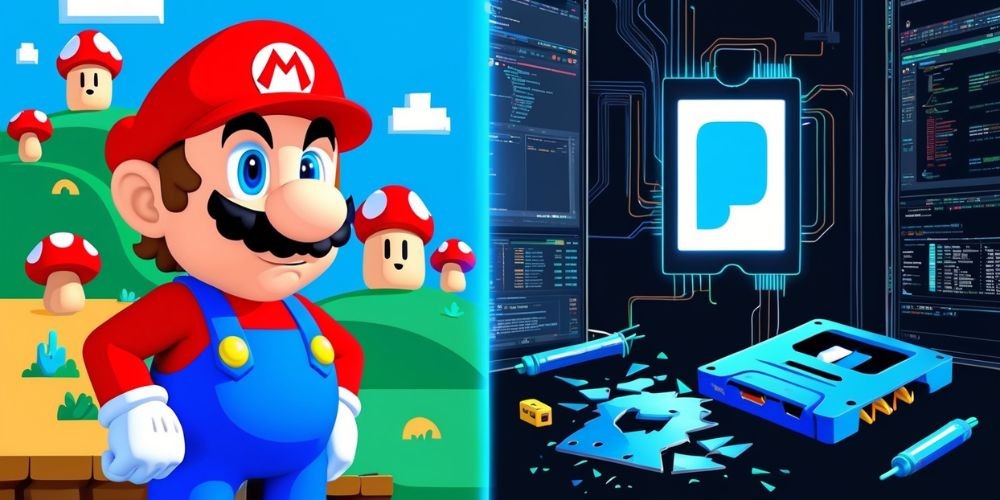
The gaming community's role in this situation cannot be understated. Many fans have rallied behind Pocketpair, advocating for indie developers and engaging in discussions about the implications of such lawsuits. Their support underscores a desire for a gaming environment that promotes ingenuity instead of quelling it>>>>
Conclusion: The Path Forward
In summary, the ongoing legal battle between Nintendo and Pocketpair is emblematic of the challenges facing indie developers in a competitive environment steeped in trademark and patent disputes. As the gaming industry evolves, it is vital for companies to explore how they can protect their interests while also allowing space for new and innovative voices. The outcome of this lawsuit may not just determine the fate of Palworld but could also influence the dynamics of the entire gaming landscape for years to come.
